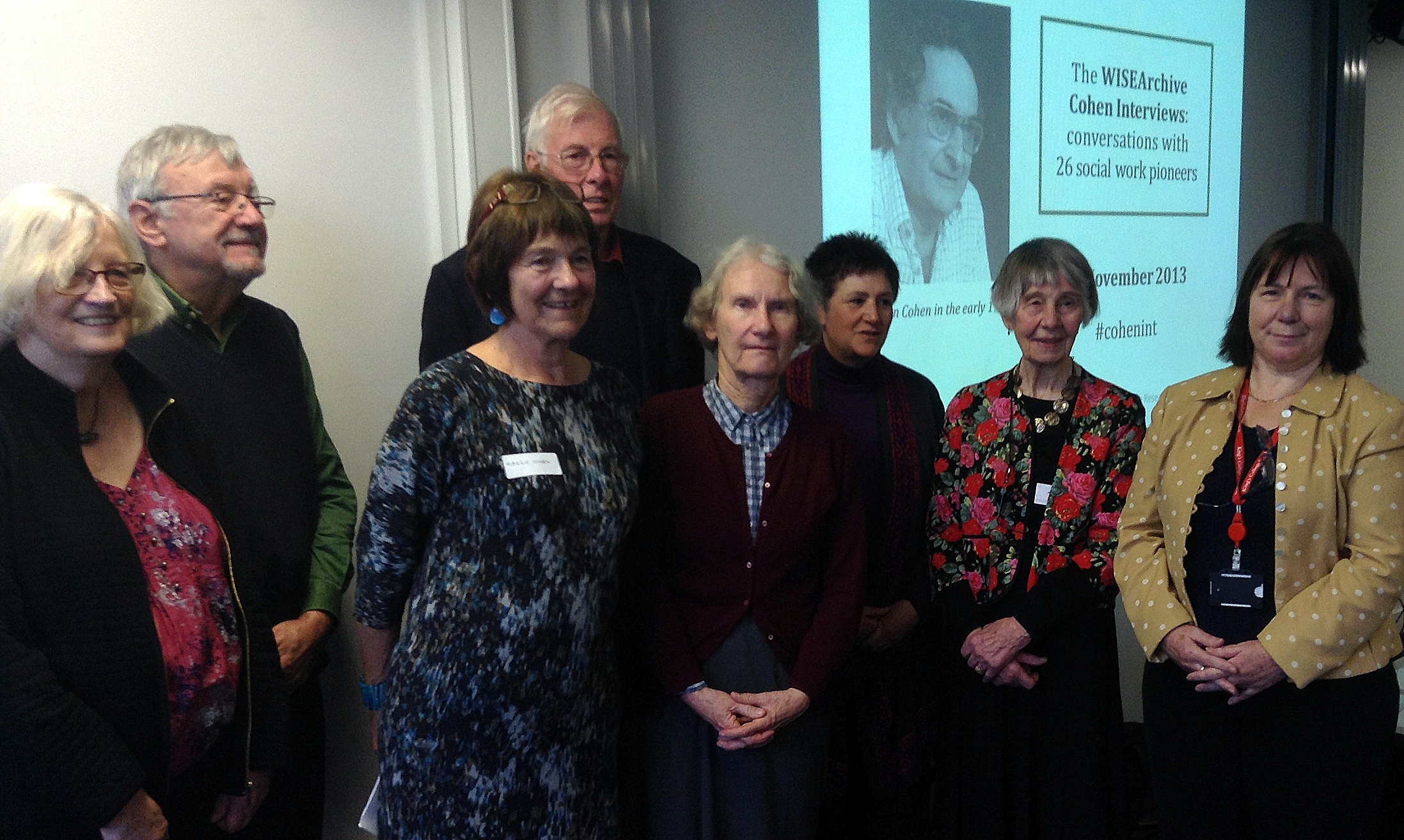Katie Graham, Research Associate at the Social Care Workforce Research Unit, reports on care workers taking strike action in Doncaster.
During the last few months many care workers in Doncaster have been on strike. A three day strike ended on 22 April and union members have now started a further two weeks of action. UNISON members are taking action against changes to pay (including reducing weekend enhancements), sick pay and holiday entitlement. These planned changes are being implemented following the NHS loss of its contract to provide supported living services in the area. Given the rarity of unionisation and action within care work and the precedent that the proposed contract working terms and conditions would set (as more and more previously public sector services are transferred to the for-profit sector), it is curious that there has been such limited national coverage of the ongoing strike action.
In other parts of England social care providers and local authorities (the commissioners or funders of much social care) are subject to sharp criticism over the poor contractual conditions of care workers within commissioned services. Some home care workers have to endure zero hours contracts (Joseph Rowntree Foundation report) and non-payment of travelling time leading to below minimum wage payment. It has been confirmed by Care Minister, Norman Lamb, that there are 307,000 care workers on zero hour contracts (Community Care, 2013); work by this Unit has indicated that at least 150,000 workers in the social care sector may be getting paid less than the minimum wage (Hussein, 2011). And in 2013 the Low Pay Commission expressed its concern that social care workers are particularly vulnerable to poor pay and conditions of employment. The situation has been highlighted in the press and the House of Commons in part due to a recent court verdict in late 2013 (Whittlestone v BJP Home Support Limited) which ruled on the illegality of the non-payment of travelling time.
A recent review of the implications of adult social care budget cuts by Community Care (McNicoll & Stobart, 2014) illustrated the strategies councils are using to manage their limited budgets. These included increasing the eligibility criteria (threshold for public funding entitlement), strict limits on care packages (e.g. no overnight care and reduction in the length of calls), increasing charges to service users, a ‘cap’ (upper limit) on council expenditure on social care, with budgets allocated to care managers to ensure they ‘understand fully the implications of their decisions’ on finances. In spite of the government promising guidance for local authorities to address these concerns within the commissioning process another strategy seems to be the outsourcing of previously public run services and the re-negotiation of existing contractual arrangements with voluntary and for profit organisations. These may potentially reproduce the very conditions that have lead the care workers in Doncaster to take decisive action and the difficult decision to strike.
The Joseph Rowntree Foundation (Carr, 2014) recently released a summary of three major research projects looking at care work and low pay. These suggest that the evidence that connects low pay and poor quality of service is inconclusive. However, it is emphasised that a combination of pay and working conditions including supervision, training, appropriate amount of time to fulfil tasks, need to be considered to ensure ‘job quality’ for the care worker and a quality service.
Historically there has been limited unionisation of care workers working in residential and community services, therefore there has been limited collective response to poor working terms and conditions. The policy of personalisation is leading to the development of a more dispersed and fragmented workforce. This makes the struggle, by those in a position to organise and collectively campaign, particularly difficult and important. By whatever means, there needs to be a wider recognition that ‘care work’ in its multiplicity of forms including practical tasks, assisting, prompting, skill development as well as relationship building, emotional support and developing trust in often intimate domestic situations, should be valued both financially and socially.
Care workers have always experienced low pay for demanding work so little has changed. In recent years we have seen undercover reporters exposing shocking images of abusive practices in residential settings and recently the BBC televised further instances of abuse and neglect of older people in residential care homes by care workers. Many such instances have been rightly responded to both by the criminal justice system as well as the regulator, the Care Quality Commission (CQC). However, there is a problem in individualising the blame (on a ‘bad apple’) rather than seeking to understand and address the systemic failings in how we organise and value front line social care. The combination of dismay at the regular practice of organisations creating savings by non-payment of care workers’ travel time and the ongoing strike action by UNISON members in Doncaster for commensurable terms and conditions of employment in an outsourced service, highlights the need for research and policy to take a holistic view of our care industry, recognising how the material and working conditions of the workforce must be directly connected to the quality of our care services.
Dr Katie Graham joined SCWRU in early 2013 and is working on a NIHR School for Social Care Research funded project comparing the costs and benefits of different models of adult safeguarding.
